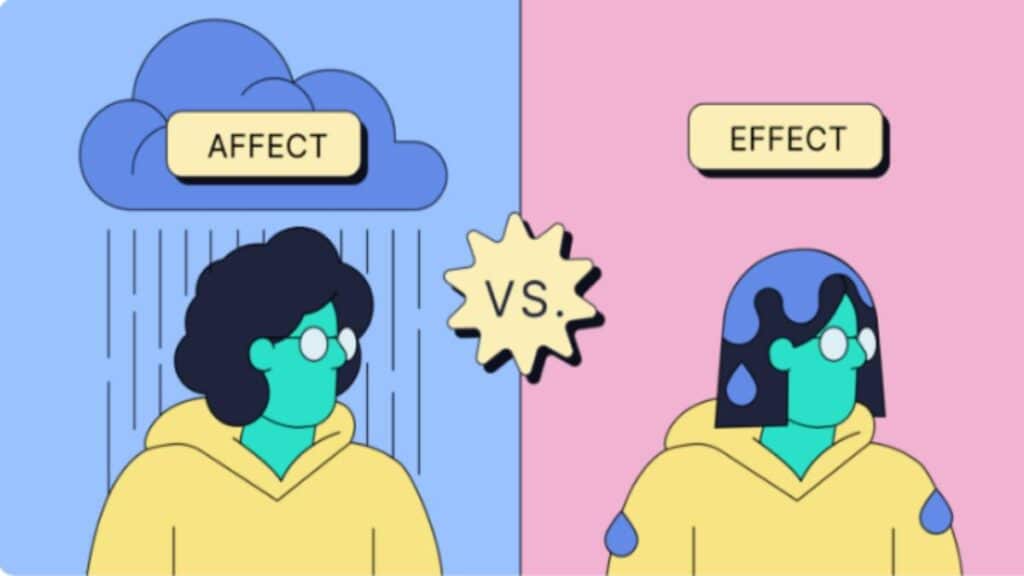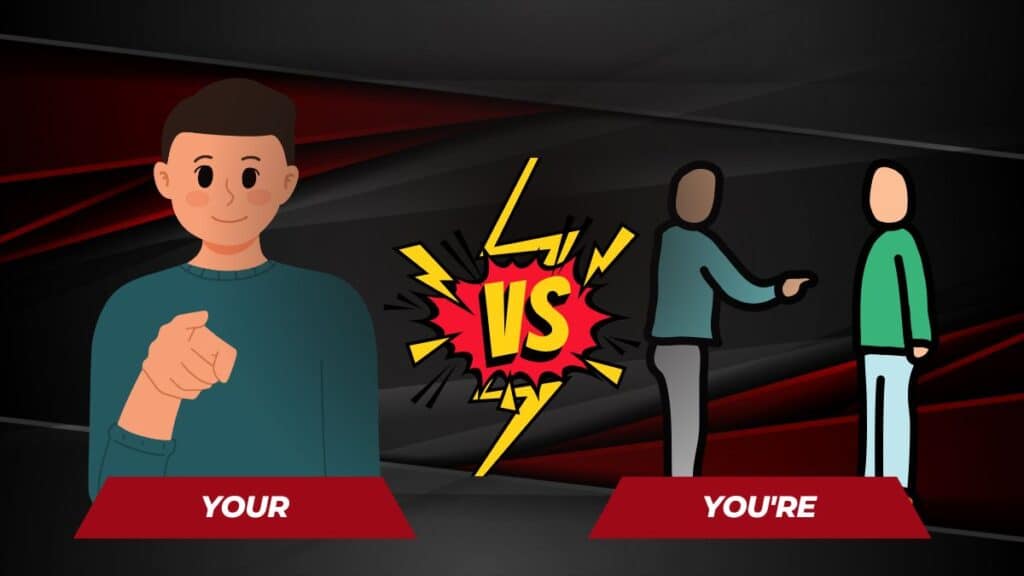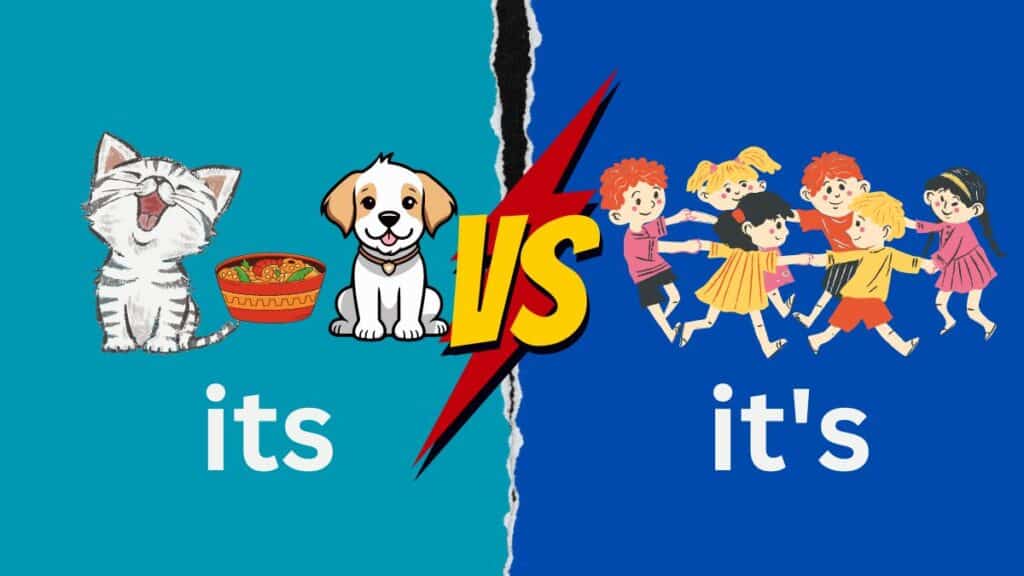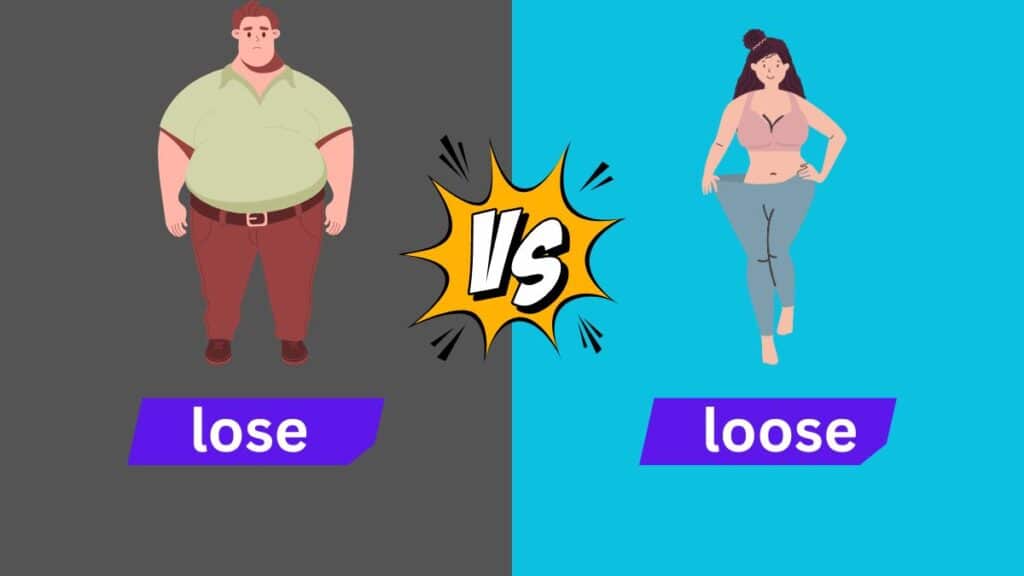In our communication-driven world, the words we choose are incredibly powerful. Language lets us share emotions and knowledge and connect with others. However, with so many words to pick from, we often misuse them, causing confusion.
The importance of precise language can’t be stressed enough; it shapes how others see us and how clearly we express ourselves.
In this article, we’ll explore ten common word mix-ups and see why getting them right isn’t just about wordplay but vital for effective communication. Join us as we uncover language’s intricacies and how mastering these words can boost our expression and understanding.
Affect vs. Effect: Which to Use When?

“Affect” and “effect” can be a wordy maze, but let’s simplify it. “Affect” is generally a verb, meaning to influence or change something, like “The music can affect your mood.”
On the other hand, “effect” is usually a noun representing the result or outcome of an action, as in “The effect of the music on your mood was noticeable.”
A handy tip: if you’re talking about doing something, use “affect,” and if you’re talking about what happened as a result, go for “effect.” The clarity in communication often hinges on getting this choice right.
Fewer vs. Less: Countable vs. Uncountable Dilemma

“Fewer” and “less” might sound similar, but they’re used in different ways. “Fewer” is for things you can count, like apples or books. For example, “I have fewer apples than you.”
On the flip side, “less” is for stuff you can’t count individually, like water or happiness. For instance, “I have less water in my glass.” So, if it’s something you can count one by one, use “fewer,” and if it’s not countable in that way, go with “less.” This simple rule can make your sentences clearer and more accurate.
Then vs. Than: More Than Just a Typo

Mixing up “then” and “than” might seem like a simple typo, but it’s more than that. “Then” is all about time or sequence, like “I’ll eat lunch, and then I’ll go to the store.”
On the other hand, “than” is for making comparisons, as in “Apples are tastier than oranges.” So, using the right one isn’t just about spelling; it’s about making your sentence make sense.
Mixing them up can lead to confusion, so take a moment to think about time (then) or comparisons (than) before you pick the word that fits your meaning.
Your vs. You’re: Possession or Contraction?

“Your” and “you’re” may sound alike, but they do different jobs. “Your” shows possession, like saying, “This is your book,” to show something belongs to someone.
On the other hand, “you’re” is a contraction, short for “you are.” So, if you can replace it with “you are” in a sentence, and it still makes sense, then “you’re” is the right choice.
For example, “You’re going to love this book” can also be “You are going to love this book.” Knowing when to use each one helps your writing be clear and precise.
Its vs. It’s: A Tiny Apostrophe’s Big Impact

The battle between “its” and “it’s” might revolve around one small apostrophe, but it has a significant impact on your writing. “Its” without the apostrophe is all about possession, like saying, “The cat chased its tail.”
But when you use “it’s” with the apostrophe, you’re actually saying “it is” or “it has.” For instance, “It’s a beautiful day” means “It is a beautiful day.”
So, that tiny apostrophe changes the whole meaning of a sentence. Paying attention to “its” and “it’s” ensures your writing stays clear and correct.
Lose vs. Loose: Tightening up the Confusion

Mixing up “lose” and “loose” is a common writing hiccup, but clearing the air is easy. “Lose” with one ‘o’ means not winning or misplacing something, like “I don’t want to lose the game” or “Don’t lose your keys.”
On the other hand, “loose” with two ‘o’s means something is not tight or secure, like “These pants are loose” or “The dog got loose from its leash.”
So, whether it’s about winning or keeping things snug, getting “lose” and “loose” right makes a big difference in your writing.
Compliment vs. Complement: Nuances That Make a Difference

Mixing up “compliment” and “complement” is a common language twist, but here’s the scoop. A “compliment” with an ‘i’ is when you’re saying something nice about someone, like “She gave me a lovely compliment on my dress.”
On the other hand, “complement” with an ‘e’ means something that goes well with something else, like “The flavors of these dishes complement each other perfectly.”
So, whether you’re giving a friendly word or talking about things that fit together, knowing the difference between these two words adds a dash of precision to your writing.
Irregardless: The Controversial Non-word

“Irregardless” might seem like a real word, but it’s a tricky one. Language purists often argue that it’s incorrect because it’s a double negative—combining “ir-” and “-less.”
In most cases, “regardless” works just fine to mean “without regard to” or “in spite of.” Using “irregardless” can make grammar enthusiasts cringe. So, if you want to be on the safe side, stick with “regardless” for clear and proper communication.
Literally: When Figurative Becomes Literal

“Literally” is a word that has undergone a curious transformation over time. Originally meant to emphasize something as being true in a strict, literal sense, it’s now often used for emphasis in figurative expressions.
For example, “I’m so hungry I could literally eat a horse.” In this case, no one is about to dine on equine cuisine, but rather it’s a way to stress extreme hunger.
This shift in usage has sparked debates, with language purists lamenting its overuse. So, when using “literally,” consider whether you mean it in a literal or figurative sense, as it can affect how your message is understood.
Could Care Less vs. Couldn’t Care Less: Which Is It Really?

The battle between “could care less” and “couldn’t care less” is a linguistic puzzle. “Couldn’t care less” is the correct phrase, meaning you have no interest or concern left to give about something.
However, “could care less” implies that you still have some care left to spare, which is often not the intended meaning. So, when you want to express total indifference, remember to say, “couldn’t care less.” It keeps your message crystal clear and grammatically on point.
9 Signs You’re Smarter Than Average and Three Signs You’re Not

Do you think you’re smarter than most of the population? Check out these signs to see if you make the cut or if you should go back to school.
9 Signs You’re Smarter Than Average and Three Signs You’re Not
Facts About the “Greatest Generation” That Prove How Much We Owe Them

Every generation leaves its mark on history, but the Greatest Generation—those who faced the challenges of the early 20th century head-on—did more than just that. They carved out the world as we know it today. We owe them a lot, not just for their courage and resilience but for setting a precedent that still guides us when dealing with life’s obstacles.
Facts About the “Greatest Generation” That Prove How Much We Owe Them
Could You Have Done What Lewis and Clark Did? Probably Not and Here’s Why

Lots of people are into hiking, although very few have the stamina to do what Lewis and Clark did. Can you even imagine making an 8,000-mile cross-country trek into unchartered territory? Take a minute to explore these 12 riveting realities of the Lewis and Clark expedition that will leave you questioning your own survival skills.
Could You Have Done What Lewis and Clark Did? Probably Not and Here’s Why
This article was produced by Our Woven Journey.
Karee Blunt is a nationally syndicated travel journalist, focused on discovering destinations and experiences that captivate and inspire others through her writing. She is also the founder of Our Woven Journey, a travel site focused on inspiring others to create memory-making adventures with their loved ones. Karee is passionate about encouraging others to step out of their comfort zone and live the life they dream of. She is the mother of six kids, including four through adoption, and lives with her family in the Pacific Northwest. You can learn more about Karee on her about me page.
